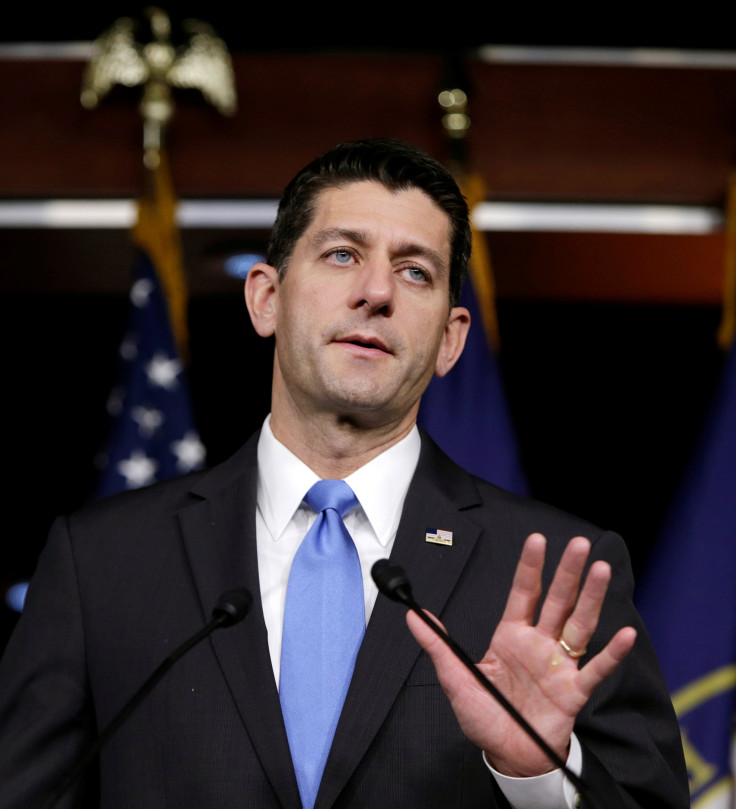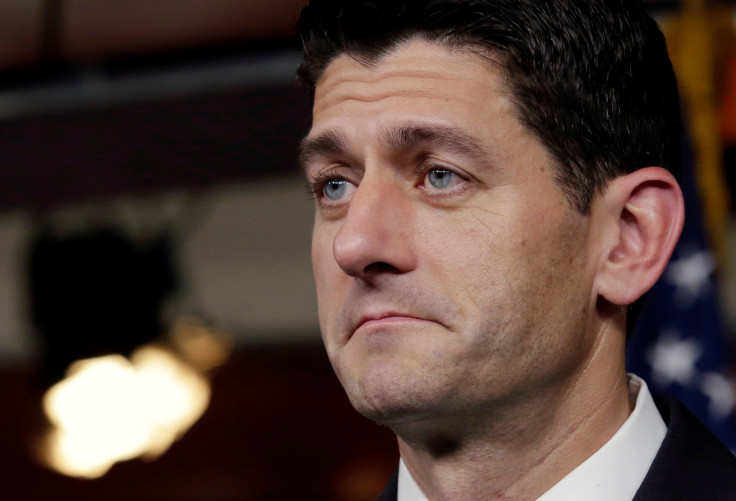Who Will Be The Next Speaker Of The House? Paul Ryan May Be Forced Out After Republicans Keep Majority

The Republican party will remain in control of the House of Representatives following Tuesday's election, continuing the largest house majority since the 1929 election. While the current Speaker of the House, Paul Ryan, is a Republican, it's unclear whether he'll remain in that position after January's elections.
Ryan has held the position since October 2015 and recently announced he'd be seeking to remain in the job. "There's a lot of unfinished work to do and I think I can do a lot to help our cause and our country," Ryan told talk radio host Jerry Bader Friday.
Ryan might not have such an easy job doing that. Rifts in the Republican party opened up during Trump's campaign, with many officials who supported the candidate angry about Ryan's treatment of the GOP nominee after a 2005 "Access Hollywood" tape surfaced that showed Trump bragging about grabbing women by the "pussy." Ryan was never very vocal in his support for the candidate before the video, and though he never unendorsed Trump afterward, Ryan stated that he was "sickened" by his comments.
U.S. Rep. Jim Renacci wrote a letter asking for October's GOP leadership elections to be delayed due to the fractures in the party. Renacci told Politico in an interview that he would wait to see who else was running before endorsing Ryan as speaker.
Indiana Gov. Mike Pence also declined to say whether Ryan should be re-elected when asked about it last week, though a spokesperson later told the Associated Press Pence would support him. Reince Priebus, the Republican National Committee chairman, told The Associated Press that if Ryan wanted to continue in the position, he should do so.

A vote on the next speaker will be held in January. To become the speaker of the House, a candidate needs the majority of votes from House members who are turn out to vote. Each party will typically nominate one person and the party with the most seats in the house wins.
© Copyright IBTimes 2024. All rights reserved.












